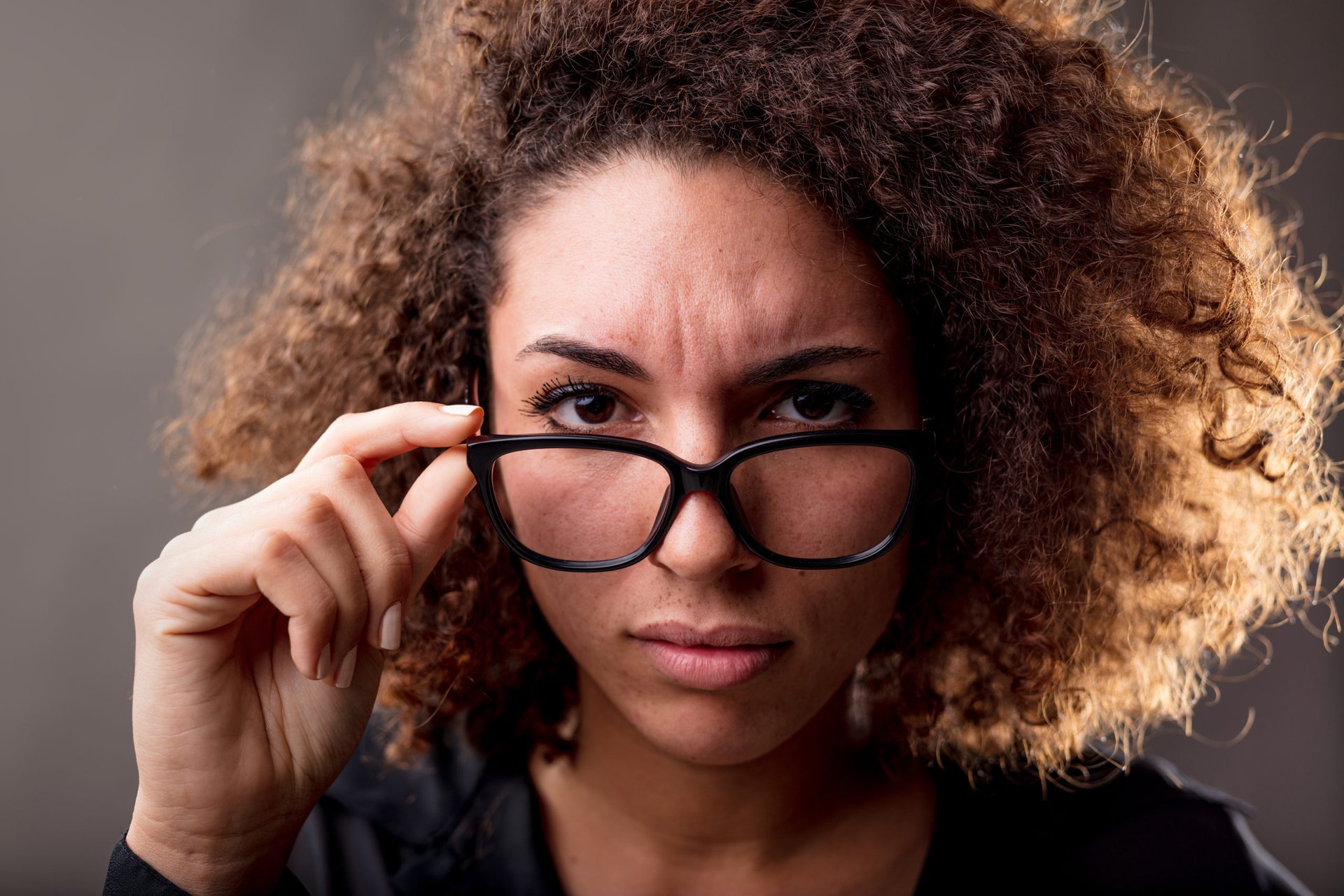
A plane crashes and all but one of the 137 passengers die. What does the one survivor do? He writes a best-selling book called “How to Survive a Plane Crash.” The one word you don’t see in the manuscript? Luck.
That’s survivor bias, also called survivorship bias. You’re about to learn a lot more about it. It’s going to be absolutely essential as we try to understand what we should do in light of the coronavirus.
Human beings have a lot of charming flaws, many associated with predictable mistakes in how we perceive our world — generally known as cognitive biases. This has become a ripe area of study in recent years for social scientists. They come up with cutesy terms for it, like “anchoring”or “framing” or “the Ikea effect.” I’ve dabbled in writing about this for years, particularly how it impacts Wall Street investors.
More recently, I’ve done a bit more serious writing at PeopleScience.com about these various cognitive biases. I’ve yet to write about survivor bias there, but I wrote about a similar phenomenon sometimes called accidental reinforcement in my book “The Plateau Effect.”
Drop a rat in a maze designed to reward the rat for reaching the end. If the rat trips and bangs into a wall, causing the treat machine to accidentally dispense food, what happens? The rat bangs into the wall repeatedly, expecting another treat.
People do this all the time. They succeed once, and they are convinced they know a secret trick to solving a maze or surviving a plane crash or building a start-up. We all know people like this. They were lucky once, but are convinced skill was the reason. Their overconfidence is grating. In New Jersey, we say these people “stepped in shit.”
You see this every time there’s a bull market. Young investors think they can do no wrong, until … a market crash.
This image from Wikipedia depicts a well-known instance of survivor bias from World War II. In an attempt to limit pilot casualties, the Navy planned to armor heavily-struck areas of aircraft that returned from battle. But hero statistician Abraham Wald realized that didn’t account for the hits that were most likely to down airplanes.
Un-learning accidental reinforcement is really tricky for most people, as the rat experiment shows. That’s why it’s bad to win your first hand at poker, or to get a payout after the first quarter you drop into a slot machine.
Survivor bias also has a bit of selection bias in it. After all, if you survey only plane crash survivors about how they did it, you’re going to get different results than if you surveyed everyone on the plane.
That’s why this will be important in the coming days and weeks with coronavirus. Let’s hope this is true: Plenty of people will go about their lives and not change anything and feel just fine. They’ll laugh at people who canceled trips or stayed home from school or avoided restaurants. They might even book a cruise! And, at least at the moment, the odds are with them. The infection rate in the U.S. is still (as I write this) quite literally one in a million.
Don’t buy what they are selling.
The world is full of people who are blissfully unaware of their survivor bias. I knew someone once who drove for years with a suspended license, knowing that there was a low probability he’d get pulled over. It was a good bet for him … until it wasn’t.
There’s plenty of people who never see the doctor or dentist. You probably even know some of them. They beat the odds! You know who you don’t hear from? Those who lose. They … don’t survive.
Life is all about odds. We all make risk decisions every day. Everyone’s risk tolerance is different. Improve your odds. Do simple, reasonable things. Wash your hands. Keep your distance. Care for elderly family but be careful around them. Avoid unnecessary crowds.
What that means for you might be different from what that means for me. But don’t let anyone else persuade you with their survivor bias. As you hear them speak, always remember the 136 people who didn’t survive that plane crash.
Most of us do a terrible job appreciating the role of luck in our lives. If we did, we’d do a much better job of being sympathetic to people who are unlucky. We’d also make better, more realistic decisions, about money, and work, and (critically) dealing with viral outbreaks. To read a lot more about Luck and survivor bias, try Gary Smith‘s book “What the Luck.”
More from Bob Sullivan:
- “Coronavirus could be a tipping point (finally) for telecommuting“
- “Nursing home outbreak spotlights coronavirus risk in elder care facilities“
- “On Wall Street, what goes up, comes down … a heck of lot faster. But, it’ll be OK“
What’s your take on survivor bias? Share your thoughts by commenting below or on the Money Talks News Facebook page.





Add a Comment
Our Policy: We welcome relevant and respectful comments in order to foster healthy and informative discussions. All other comments may be removed. Comments with links are automatically held for moderation.